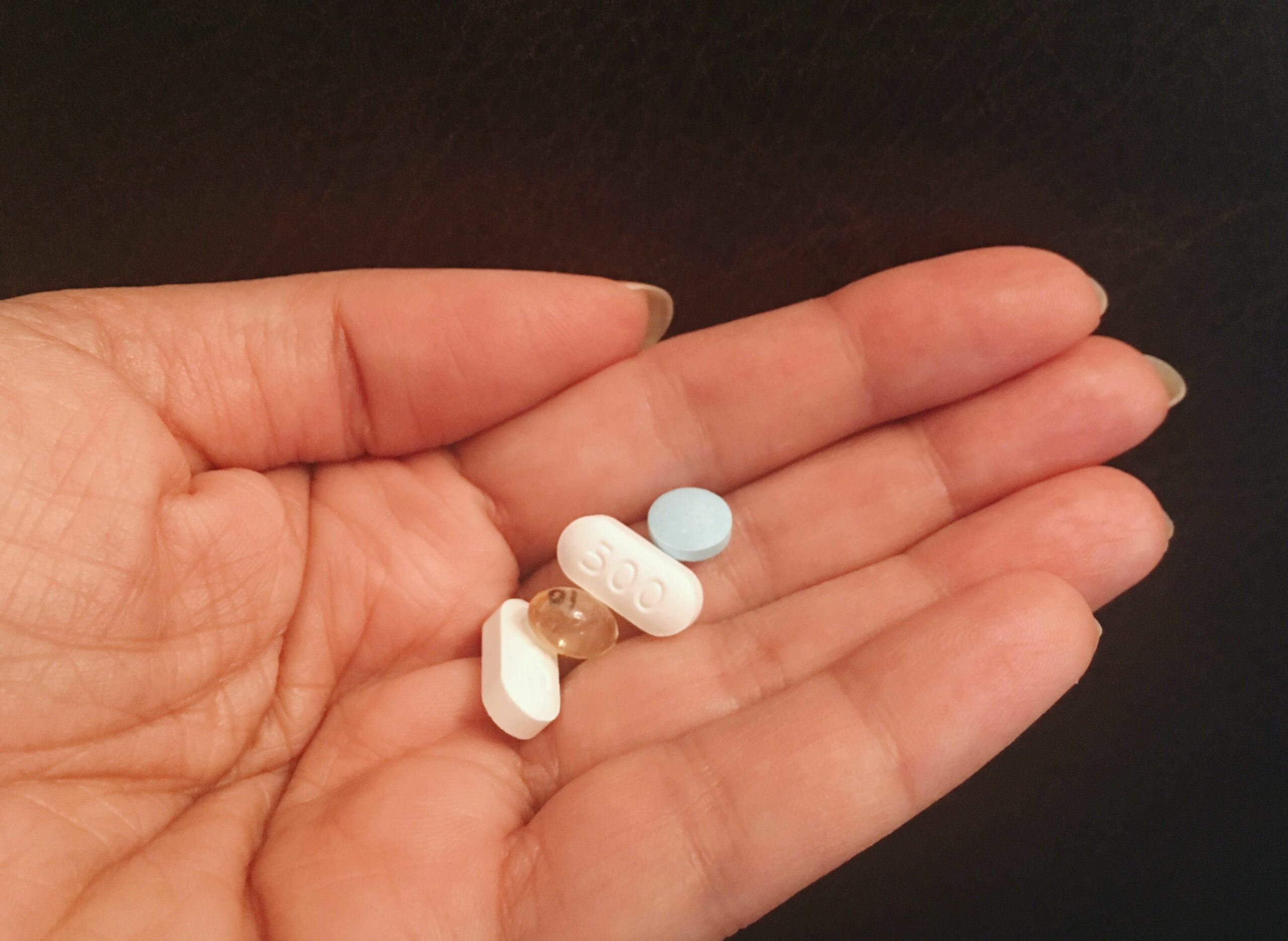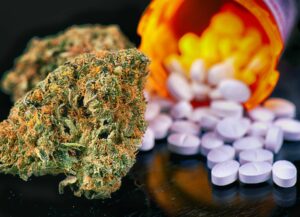Opioid addiction and overdose are two of the biggest health crises facing America today. In 2016, there were just over 64,000 drug overdose deaths and three-quarters of those were attributed to opioids. To give you an idea of the scale of the problem, in 2015 nearly 34,500 people died as a result of auto accidents. At the height of the AIDS crisis, just over 50,500 individuals succumbed to the disease.
FOLLOW US ON FACEBOOK & INSTAGRAM
According to the Centers for Disease Control, those 2016 stats mean there’s been a quadrupling of opioid-related deaths since 1999. The opioid epidemic doesn’t discriminate either—every American community is affected—poor, rich, urban, rural and all races are represented in the data.
Despite this alarming trend, opioids are still the most widely prescribed pain treatment by American doctors. So, what can be done to curb the increase in opioid drug deaths every year?
Medical Marijuana Linked With Fewer Opioid Hospitalizations
A study by the University of California San Diego looked at the relationship between opioid hospitalizations and medical cannabis.
The researchers analyzed hospitalization records from 1997–2014 in 27 states. Nine of those states started medical marijuana programs during these years—and the data showed a 23% decrease in opioid-related abuse and a 13% decrease in opioid overdose.
The study concluded, “Medical marijuana policies were significantly associated with reduced opioid pain reliever-related hospitalizations but had no associations with marijuana-related hospitalizations.”
While this study doesn’t yet prove any causal links between medical cannabis and lower opioid rates, it’s a promising trend for states that pass medical cannabis laws.
Cannabis as an Alternative to Painkillers
A landmark study conducted by the University of California Berkeley and HelloMD resulted in promising findings for the use of cannabis as a substitute for opioids.
The study surveyed 3,000 medical cannabis patients from HelloMD’s community. Of this group, 97% of patients said that they “strongly agreed/agreed” that they could reduce their reliance on opioids by treating their pain with medical cannabis instead.
In addition, 92% of patients said they “strongly agreed/agreed” that they would prefer medical cannabis to treat their medical conditions over opioids. And 81% of respondents said they “strongly agreed/agreed” that cannabis was more effective by itself than when used combined with opioids.
Using Cannabis as an Exit Drug
Unfortunately, there’s a long history of viewing cannabis as a gateway drug that leads to the use of more dangerous and addictive alternatives. But the limited research out there suggests cannabis could be the exact opposite: an exit drug—an alternative to opioids for people who need pain relief but who don’t want to take opioids, as well as a way for people to decrease their current opioid use.
And while some critics may say switching one “drug addiction” for another is not a solution, cannabis is magnitudes safer than alternatives (alcohol and tobacco included). The United Nations couldn’t find a single instance of death by cannabis overdose anywhere despite the wide use of the plant worldwide.
Despite the terrifying reality of the opioid crisis, there’s hope. Cannabis shows promise as a safer alternative to the addictive medications so often prescribed and other dramatically more dangerous narcotics.
Photo credit: Pina Messina
If you’re new to cannabis and want to learn more, take a look at our Cannabis 101 post. HelloMD can help you get your medical marijuana recommendation; it’s easy, private and 100% online.






